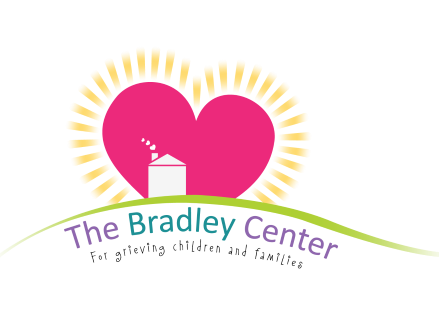Give Sorrow More Than Words: The Neuroscience of Grieving
Gina Stepp, Managing Editor, Vision.org
Used with permission
The last decade has seen great strides in understanding some of the brain science behind emotions like sorrow and joy—at least of the mechanics. Using the latest technology, scientists can see what goes on materially in the brain when we have certain feelings, but there is still much more to understand. One area that begs further study is that of grief and bereavement. How can we use the discoveries of neuroscience to help those who are grieving avoid the pitfalls that often lead to depression? Such discussions must begin with an understanding of how bereavement affects us.
Anyone who has lost a close relative or friend knows that the grieving process can be lonely. Even though others may also have loved the one who is gone, each is mourning the loss of an individual relationship.
We may have a great number of friends who care deeply, but they may assume we are recovering well if we don’t call to cry on their shoulders. Indeed, we may appear to be recovering remarkably well—especially if we are the type that fills the void with work or other activity—but we may still feel isolated.
There are social pressures that add to the problem, especially in individualist cultures. Pull-yourself-up-by-the-bootstrap philosophies still exist in the West and are as pervasive and persistent in our mentality as seemingly opposite philosophies such as collectivism and victimization. Often thought of as mutually exclusive, in reality these ideas coexist in modern culture with surprising tranquility. The result is that we don’t call our friends, although we need them desperately. Perversely, we feel abandoned, though our abandonment is of our own making because we have been taught that it is despicable to appear “needy.”


This is a trait of other cultures as well. The British are known for the “stiff upper lip,” and Klein points to the cliché of the cinematic American Western: cowboys leave the women they love to go riding off into the sunset alone. The message is that the truly strong need no one. However, “the exact opposite is true, as both clinical and neurobiological experiments show,” says Klein; “it’s loneliness, more than any other factor, that causes stress. It’s a burden on both mind and body. It results in restlessness, confusion in thought and feeling (caused by stress hormones), and a weakening of the immune system. In isolation, people become sad and sick.”
Study after study shows that supportive companionship is good for the body, mind and spirit; it lengthens life and improves its quality. But the wrong kind of companionship can be worse for us than no companionship at all. Destructive relationships increase stress and reduce healing time. This has been demonstrated on a physiological level in at least one American study by a husband-and-wife team of researchers, psychologist Janice Kiecolt-Glaser and immunologist Ronald Glaser. They found that people in high-conflict relationships healed at 60 percent of the rate of those in low-stress relationships. At the same time, they found that after interpersonal conflict, the body releases a protein that produces inflammatory reactions in autoimmune disorders such as rheumatoid arthritis and Crohn’s disease. “Moreover,” the Glasers noted, “inflammatory activation can enhance development of depressive symptoms.”
